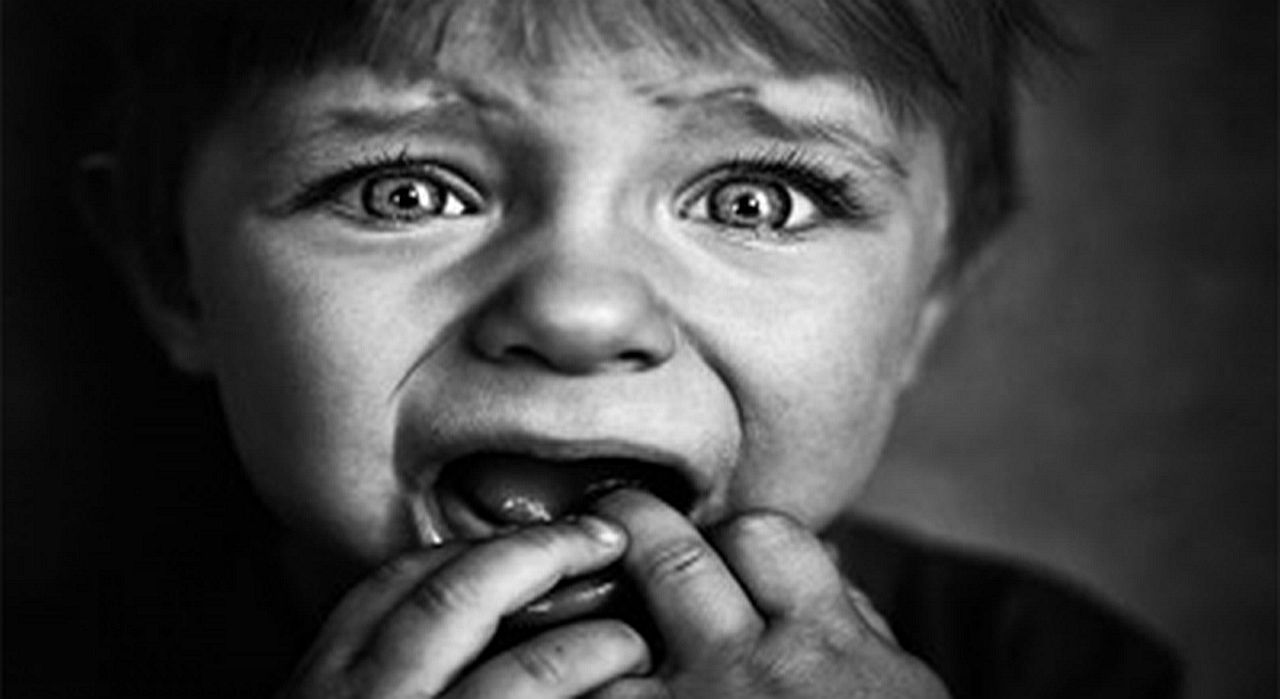It’s our job as parents and guildiance to help our Children deal with fear whatever it may be

Tragedy is all around us. It’s on the news every night — and all throughout the day. We talk about it at the dinner table. And, as fun and engaging as it can be, we can thank social media for keeping us constantly informed of all the bad things happening in our world.
Evil is rampant — and, because of this – fear is rampant.
And, it doesn’t impact only us.
Our children are not immune from fear. In an Information Age — they know what we know, filtered, of course, with their childlike mind.
Violence even happens in school — in malls — in churches — places children go regularly.
Childhood can be a scary time of life naturally, but especially these days. We should never diminish a child’s fear or the impact the news of the day is having on them. It may be totally irrational fear – something you know is completely impossible — but it’s very real to them.
How does a parent or teacher address this fear?
Here are 7 suggestions to help children deal with fear:
1. Don’t assume their thoughts
Don’t assume just because your child doesn’t mention what happened they don’t know about it or care. Fear is a normal reaction, especially for a child. Watch for unusual behavior. Be aware of mood changes or extreme sadness. Make sure they know it’s okay to talk about it and there is no shame or disappointment from you when they are fearful. Maybe tell them of a time you were afraid — even a recent time.
2. Limit their exposure
You’re curious, so the television may be on news stations. What are they covering right now? Remember children process information different from how you do. They may not appear to be watching, but they probably are more than you think. Fill their minds with things to encourage them not perpetuate the fear. This is a time to turn off the television and simply play with your kids. They’ll get no better assurance than their time with you.
3. Ask them questions
You may think children are afraid of one thing, but it is something completely different. Many times children, especially young children, are simply confused or have misinformation. You can better address the fear if you know its roots. Getting them to talk about what they are afraid of can help them learn to better rationalize and seek comfort and assurance from you.
4. Assure them they are safe
Let children know they are safe. Don’t lie to them or give them false assurance, but remember the chances of the same thing happening to them is rare — very rare. Remind them you will do anything to protect them. Show them ways you’ve already provided for their safety. Let them help you lock the doors at night. You may need to help them process for weeks to come. Don’t rush them to “get over it”. Pray for and with them often.
5. Live a normal life as much as possible
As much as possible, live a normal weekly schedule. Their routine is part of their “security blanket.” Don’t allow their fear to cripple them or the family for long. In spite of our fears, we have to move forward.
6. Be calm around them
Especially during this stressful time, don’t let your children see you in panic. Watch what you say in front of them. Discuss the world events – and especially your fears of them – outside of their listening ears. Let the home be their “safe place”. Parents shouldn’t fight in front of kids anytime, but especially during a time of uncertainty like this. Renew your faith. Renew your commitment to each other. Children often get their faith through parents.
7. Read them Scripture
Children need something they can cling to as permanent and dependable. What better place than the Word of God, which will never fade? Recite Psalm 56:3 to them. If they are old enough, write it down somewhere they can see it often. Memorize some verses of strength and share with them often. Help them memorize some. (When our boys were young we played Scripture music appropriate for their age. Steve Green’s “Hide ’em in Your Heart series was great for this. You can find them online.)



